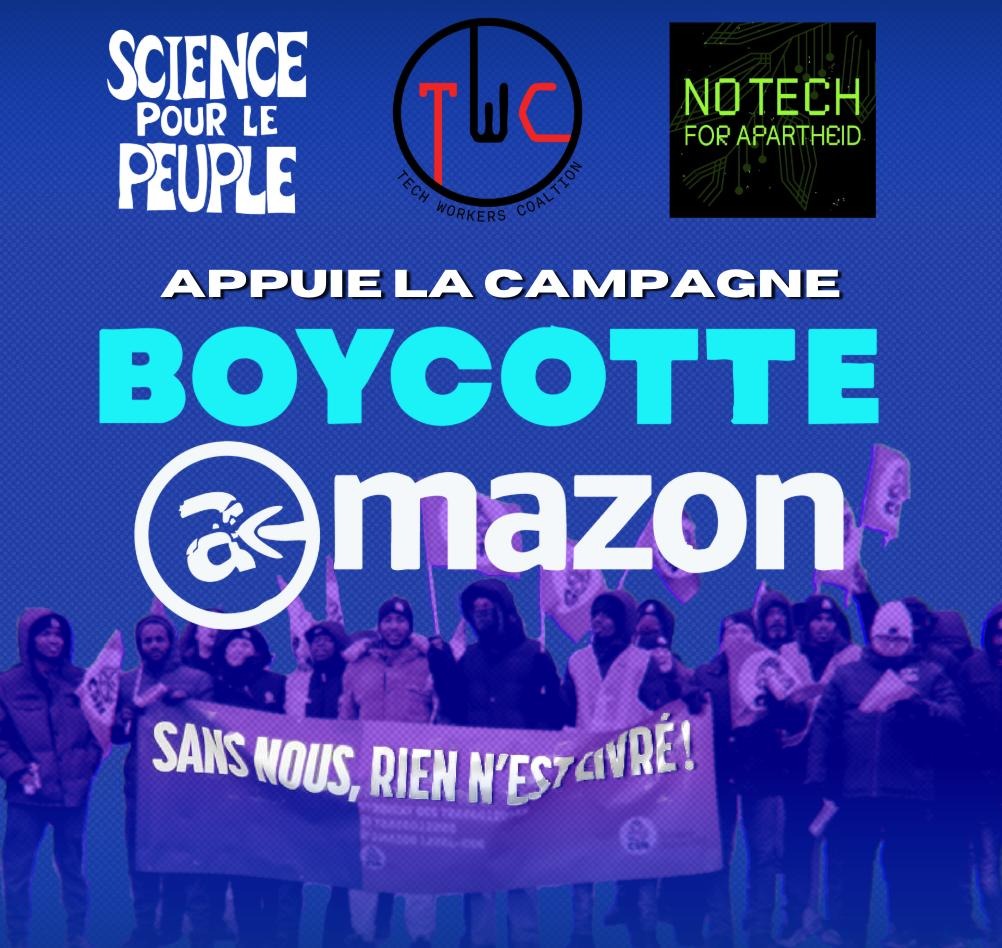Introduction
Engineering, especially in the US, has been critical in enabling mass violence inflicted on people both in and outside the US. The American military-industrial complex has been a central driver of both industry and engineering education, evidenced by Olin College’s roots in ammunition manufacturing—Franklin W. Olin’s businesses were major military contractors.
At the same time, Olin claims to be set apart by our consideration of engineering ethics. It is difficult to reconcile the purported ethical standards Olin seeks to bring into engineering while recognizing the unmatched violence from which its partners profit.
Reckoning with the privilege and access afforded by an Olin education requires, at minimum, a set of baseline ethical standards. We are disappointed by Olin College’s reluctance to do so despite reorienting to a mission where engineering serves everyone. “Engineering for everyone” is hollow if our college’s partners actively profit from death and devastation around the world.
Therefore, we have decided to lead the charge and outline a set of comprehensive ethical standards, to screen our existing and potential sponsors and partners specifically regarding their involvement with the US and other militaries. We take inspiration from the UCSB Society of Women Engineers’ decision to end its partnership with Northrop Grumman, and from MIT’s decision to cut ties with their Lockheed Martin Seed Fund.
We define three tiers, based on the impact of a given partner’s activities and technologies, as opposed to their stated intent. We commit to complete a regular assessment, at least once a year, of all our partners with the following framework. In any situation where a partner changes their tier, we will readjust our relationship appropriately.
Screening Criteria
Each sponsor or partner is evaluated against the following criteria:
1) Does their largest revenue stream come from contracts with military or law enforcement, and/or are they listed on the SIPRI Arms Industry Database of the 100 largest arms-producing and military service companies?
2) Do they develop and/or provide technological goods or services to military or law enforcement?
3) Do their activities, services, or products directly support, exacerbate, and/or cause human rights violations through involvement with military or law enforcement?
Red partners satisfy all of the above criteria. Our relationship with Red partners is clear – completely cut ties, including sponsorship and recruitment events, until and unless they demonstrate proven changes to their core operations that show that they no longer fulfill one or more of these criteria.
Yellow partners satisfy at least one, but not all, of the above criteria. Our relationship with Yellow partners is more complex—this criteria encompasses a significant portion of engineering companies in the US. We aim to sever ties with these companies when possible, but in the many cases where it is not, we commit to proactively educating our communities about the involvement of these companies in enabling or inflicting violence.
Green partners do not satisfy any of the above criteria. Our relationship with Green partners is business as usual while staying vigilant about our partners’ current and future commitments to enabling or inflicting violence both inside and outside the US.
Example Evaluations
Boeing: Red
- As of 2022, Boeing is #4 on the SIPRI Top 100 arms-producing and military services companies. While they make passenger aircraft, they earn far more revenue from military contracts.
- Boeing develops technologies that are intended for and used in warfare[1], including (but not limited to) fighter jets, attack helicopters, missiles, bombs, and precision-guided bomb kits.
- Boeing supplies militaries committing known human rights violations.[2].
For example, Boeing supplied Israel with precision-guided bombs in a Nov 1, 2023 bombing of Gaza’s Jabalia refugee camp, which killed hundreds of Palestinian civilians and could be a war crime according to the UN Commissioner for Human Rights[3],[4].
[1] https://www.boeing.com/defense#overview
[2] https://investigate.info/company/boeing
[3] https://www.theguardian.com/world/2023/nov/01/jabalia-camp-airstrike-gaza
[4] https://www.aljazeera.com/news/2023/11/2/un-rights-office-says-israeli-attacks-on-jabalia-could-be-war-crime
Skydio: Red
- While it is not possible to determine exact revenue distribution, given Skydio is a private company, major contract announcements and the fact that Skydio has shut down its consumer business indicate that military and law enforcement contracts comprise a substantial portion of Skydio’s revenue[1],[2],[3].
- Skydio develops drones that are intended for and used in warfare[4]. Despite public records documenting the US military’s violations of Skydio’s Enterprise Terms of Use (which prohibit the use of any Skydio drone as a “weapon” or as a “part of a weapons system”), Skydio continues to sell drones to the U.S. military, demonstrating an indifference to enforcing its terms of use and the vast gulf between intent and impact).
Skydio has supplied the Israeli military with reconnaissance drones. Drone footage is fed into Israel’s AI platform, The Gospel, which has provided the intelligence necessary to attack Gaza with over 10,000 strikes per month[5],[6].
[1] https://techcrunch.com/2023/08/10/skydio-closing-consumer-drone-business/
[2] https://www.skydio.com/blog/skydio-selected-sole-platform-for-us-army-srr
[3] https://www.realcleardefense.com/articles/2023/03/03/defense_innovation_and_venture_capital_skydio_a_case_study_885036.html
[4] https://www.skydio.com/solutions/defense
[5] https://www.theguardian.com/world/2023/dec/01/the-gospel-how-israel-uses-ai-to-select-bombing-targets
[6] https://www.timesofisrael.com/liveblog_entry/army-says-it-has-hit-some-15000-terror-targets-in-gaza-since-start-of-war/
Microsoft: Yellow
- Microsoft does not derive the majority of its revenue from contracts with military or law enforcement, nor is it on the SIPRI Top 100 arms-producing and military services companies.
However,
- Microsoft develops military-specific technological goods and services[1].
- Microsoft’s activities, services, or products support, exacerbate, and/or cause human rights violations through its contracts with the military and law enforcement[2]:
- Microsoft has secured large contracts with the US Department of Defense.[3]
- Microsoft has provided AI and cloud computing services to the Israeli military[4], which is currently committing genocide in Gaza[5].
Microsoft provides mass surveillance and facial recognition technology to county and federal U.S. law enforcement agencies[6],[7],[8],[9].
[1] https://www.microsoft.com/en-us/industry/government/defense-and-intelligence
[2] https://investigate.afsc.org/company/microsoft
[3] https://blogs.microsoft.com/blog/2022/12/08/microsoft-continues-commitment-to-us-department-of-defense-with-jwcc-selection/
[4] https://www.theguardian.com/technology/2025/apr/18/microsoft-ai-israel-gaza-war
[5] https://www.ohchr.org/en/press-releases/2024/01/gaza-icj-ruling-offers-hope-protection-civilians-enduring-apocalyptic
[6] https://www.microsoft.com/en-us/industry/government/public-safety-and-justice
[7] https://cloudblogs.microsoft.com/industry-blog/government/2019/07/31/transforming-law-enforcement-with-the-cloud-and-ai/
[8] https://theintercept.com/2020/07/14/microsoft-police-state-mass-surveillance-facial-recognition/
[9] https://www.flipsnack.com/justfutures/eyes-on-atlanta/full-view.html
SparkCharge: Green
- SparkCharge does not derive the majority of its revenue from contracts with military or law enforcement, nor is it on the SIPRI Top 100 arms-producing and military services companies.
- SparkCharge, an EV charging startup, does not develop military-specific goods and services.
SparkCharge’s activities, services, or products do not directly support, exacerbate, and/or cause human rights violations through involvement with military or law enforcement. It is important to note that by focusing on the impacts of military violence, this may overlook potential impacts of SparkCharge’s supply chain.
Addendum
As it stands, this screening policy is designed to address the impacts of US (and other) military violence. With a focus on militarism, we fail to account for other extractive industries, such as border/surveillance, prisons, fossil fuels, and mining. A lithium-ion battery company may not have any involvement with military and law enforcement, but nevertheless directly exacerbate human rights violations through, say, cobalt mining in the DRC.
It may be the case that very few of our corporate partners meet the criteria to become a Green partner. This is not a reason to relax our criteria, but simply an indication of the extent to which engineering and the military-industrial complex are entangled. We all benefit from knowing more about sponsors and partners’ complicity with violence.
In practice, it may be difficult to determine whether a given company’s primary revenue stream is from military or law enforcement, especially for private companies. Even public companies often do not report revenue figures for their military divisions. That said, relying on contract awards and news reports can give an indication to a company’s reliance on arms revenue. Moreover, the distinction between whether military contracts comprise a company’s primary revenue stream, as opposed to simply a substantial portion, may not be the most relevant factor in deciding whether to cut ties. It is important to keep in mind the driving force behind this policy: reckoning with the violence embedded in our engineering work.




